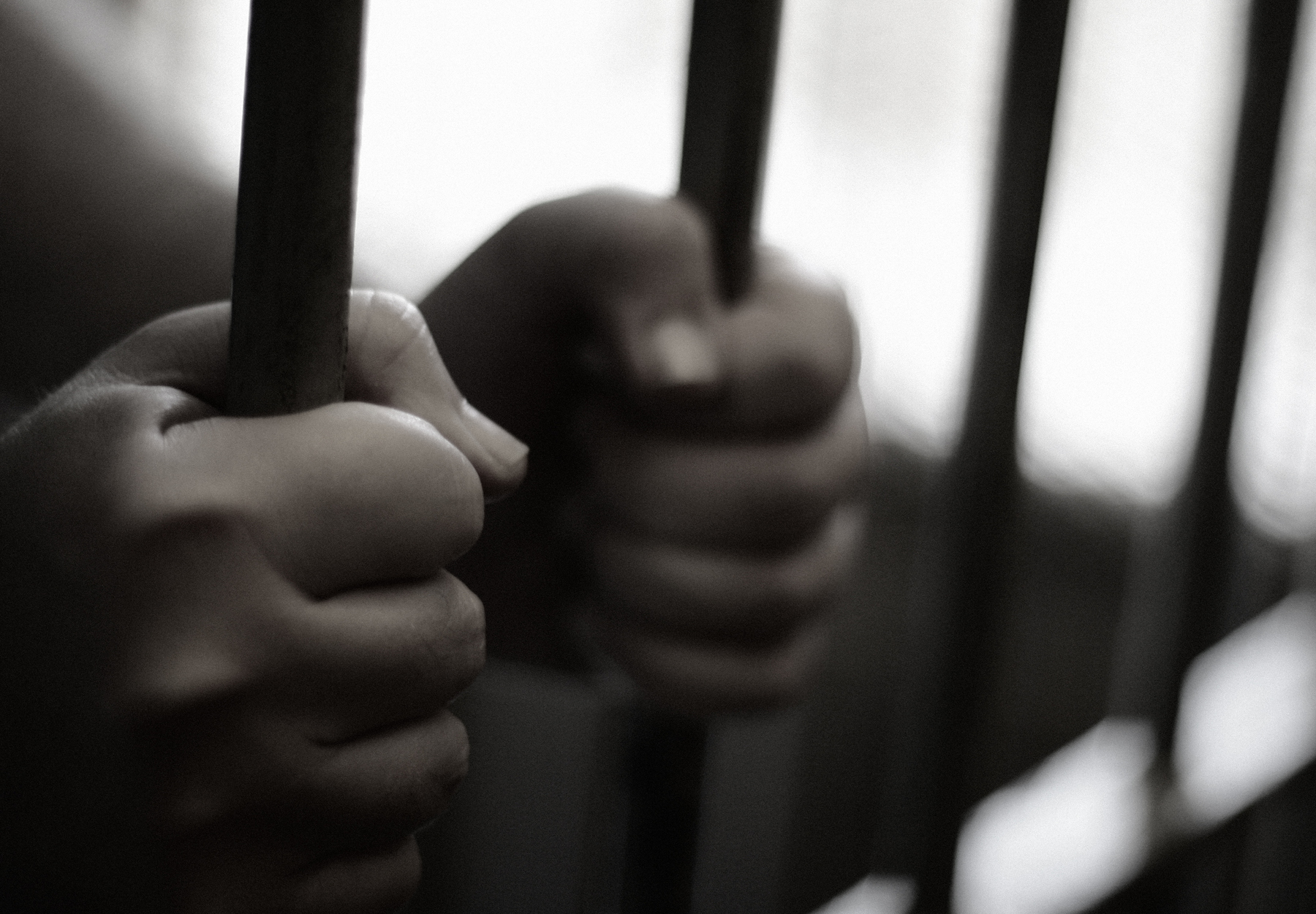In the biggest healthcare-related fraud case from the past few weeks, Arrayit Corporation president Mark Shena was convicted on a variety of charges relating to his role in a $77 million COVID-19 and allergy testing scheme.
Similar to the Theranos scandal, Schena tricked investors by claiming that his company had invented a game changing technology that could test for almost any disease with only a few drops of blood, among other lies relating to himself and the value of the company. In addition to misleading investors, Schena also ran an illegal kickback and healthcare fraud scam involving medically unnecessary allergy tests, billing Medicare more per test than any other US lab, according to the U.S. Department of Justice (DOJ).
In addition, when his company’s allergy testing business dropped in 2020 due to the COVID-19 pandemic, Schena claimed Arrayit had a test for COVID-19 and lied that US government officials mandated allergy and COVID-19 testing to be done at the same time. However, while Arrayit did later develop a COVID-19 test, it was not accurate enough to gain Emergency Use Authorization from the FDA, though Schena claimed otherwise, the DOJ said in a Sept. 2 statement.
Schena was convicted of:
- One count of conspiracy to commit healthcare fraud
- One count of conspiracy to commit wire fraud
- Two counts of healthcare fraud
- One count of conspiracy to pay kickbacks
- Two counts of payment of kickbacks
- Three counts of securities fraud
If he receives the maximum sentence for each count, Schena could see a significant amount of time behind bars. He is due to be sentenced on January 30, 2023. Look for the upcoming October 2022 issue of National Lab Reporter for a more in-depth article on the case, in advance of digital PDF publication.1
In other key healthcare industry-related cases from the past few weeks:
Aug. 30: Florida lab owner Daniel Hurt was charged for his role in an alleged genetic cancer screening fraud scheme worth more than $50 million. According to the DOJ, Hurt, the owner of several clinical laboratories, paid bribes and kickbacks in exchange for referrals and orders for medically unnecessary cancer genetic screening tests for those covered by Medicare and other healthcare benefit programs. Hurt allegedly hid the payment of kickbacks via sham marketing and referral contracts. He is charged with one count of conspiracy to commit health care fraud, which carries a maximum prison sentence of 10 years.2
Sept. 6: A California doctor was sentenced to seven years in prison for “repeatedly” defrauding Medicare and Med-Cal through the use of excessive, medically unnecessary X-rays on his patients. According to the California Attorney General’s office, the orthopedic surgeon, Gary Wisner, would X-ray his patients during even run-of-the-mill visits and X-ray multiple body parts, even those that had no relation to the patient’s condition. He was convicted of 10 felony counts of health care insurance fraud in June.3
Sept. 12: An Ohio doctor pleaded guilty to three charges relating to a telemedicine kickback scheme. Dr. Amy E. Swegan admitted to accepting $291,000 in kickbacks from telemedicine companies, who paid her $30 for every “consult” she undertook for a variety of companies over a period from July 2017 to February 2019, the DOJ states. After those consultations, she approved cancer genetic tests, durable medical equipment, and pain crème prescriptions for thousands of patients. “Swegan admitted ignoring numerous red flags and deliberately chose not to inquire as to whether the agreements and practices were improper, unethical[,] or illegal,” the DOJ stated in a press release.4
- https://www.justice.gov/opa/pr/medical-technology-company-president-convicted-77-million-covid-19-and-allergy-testing-scheme
- https://www.justice.gov/usao-nj/pr/florida-lab-owner-charged-53-million-health-care-fraud-and-kickback-scheme-related
- https://oag.ca.gov/news/press-releases/attorney-general-bonta-secures-seven-year-prison-sentence-against-san-joaquin
- https://www.justice.gov/usao-edmo/pr/ohio-doctor-pleads-guilty-st-louis-telemedicine-kickback-scheme
